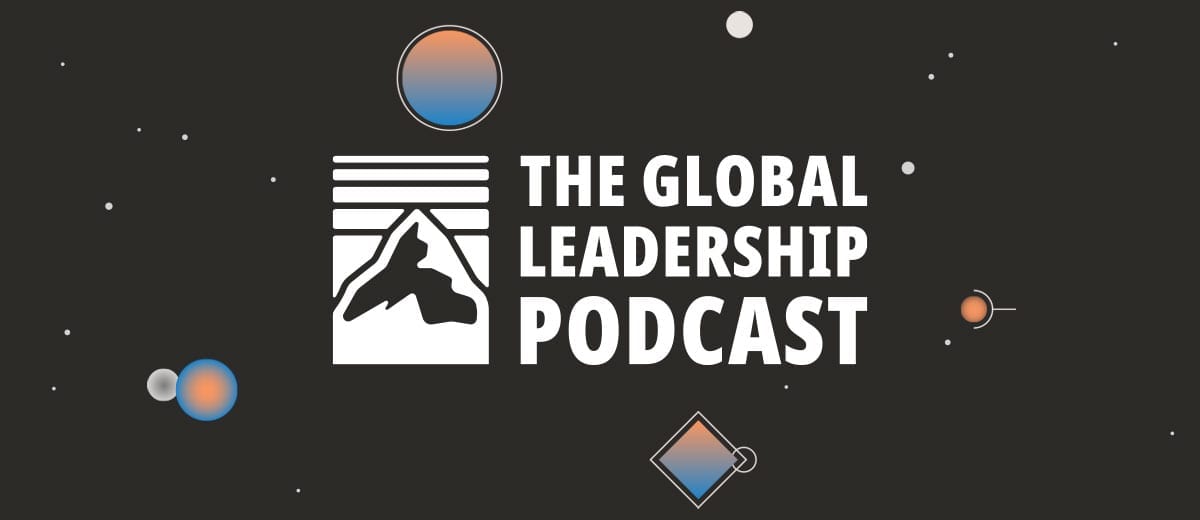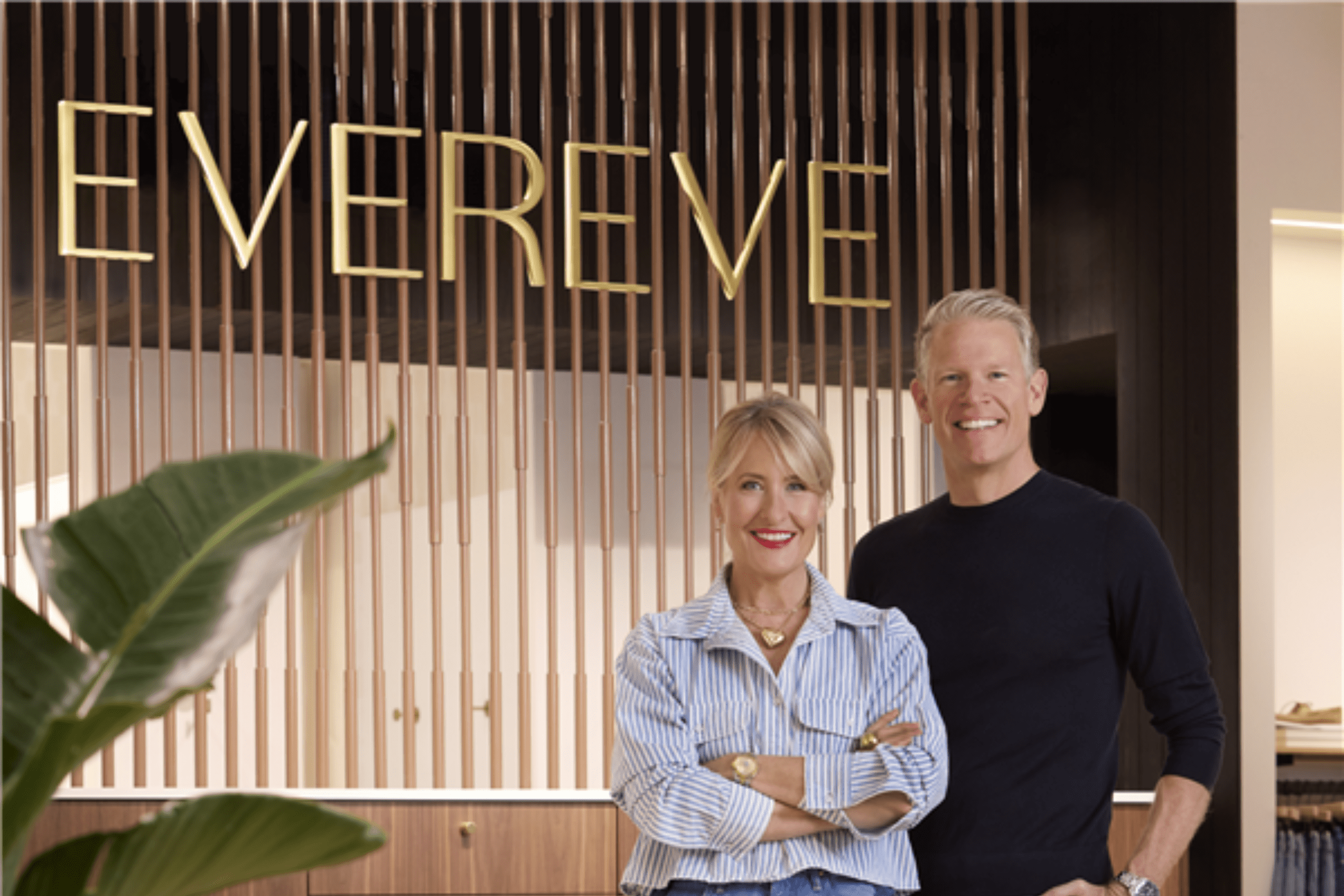
SUMMARY
With the 2025 Global Leadership Summit just a few weeks away, GLN President and CEO David Ashcraft sits down with Senior Vice President, Summit Experiences, Lori Hermann, to talk about how she leads the people that create and execute the world’s premier leadership event year after year. They also explore how leaders can get the most out of an event like the Summit, and which speakers they are looking forward to hearing.
IN THIS EPISODE
00:00 Intro
03:20 How Lori came to be the Executive Producer of the Global Leadership Summit.
05:40 An overview of how the GLS identifies and invites potential Summit speakers.
09:15 The importance of actionable leadership content.
10:35 Who are the potential surprise speakers at this year’s Summit?
12:15 Who are the household names that will be at the 2025 Summit?
14:10 Why excellence is important, and how to recognize it.
16:50 How do you respond when a creative element is not going as well as you planned?
19:20 How do you make decisions when you’re in the moment and there’s not enough time get all the information you’d like to have?
22:30 How to respond as a leader when you get pushback from your team.
25:30 Working through conflict (as a conflict-averse person).
27:50 What can leaders expect to take away from the Summit experience?
31:20 The power of bringing a team to the Summit.
34:30 Outro
LISTEN
Apple Podcasts | Spotify | YouTube
STANDOUTS AND TAKEAWAYS
- Excellence honors God and inspires people.
- Excellence is not perfection; it is doing your best with the resources you have at that moment.
- When something is not turning out the way you wanted or expected, before you move to blaming someone, ask questions to find out what is going on. Then, move to support and help solve any problems.
- Over time, leaders can develop “unconscious confidence” and learn to trust their instincts when a decision needs to be made in the moment.
- If you haven’t prepared—planned, tested and rehearsed—you shouldn’t be surprised if something goes wrong.
- Having people in the right place to use their gifts and effective communication are also foundational to success.
- Collaboration and continuity are important for building and maintaining trust in a team.
- Dealing with conflict effectively requires trust.
- If you want to get the most out of the Summit, commit to be present and minimize distractions.
- Experiencing the Summit with a team creates common language and experience.
LINKS MENTIONED
- Website: Team365
- Website: Global Leadership Summit 2025
- Website: Global Leadership Network


Recent Comments